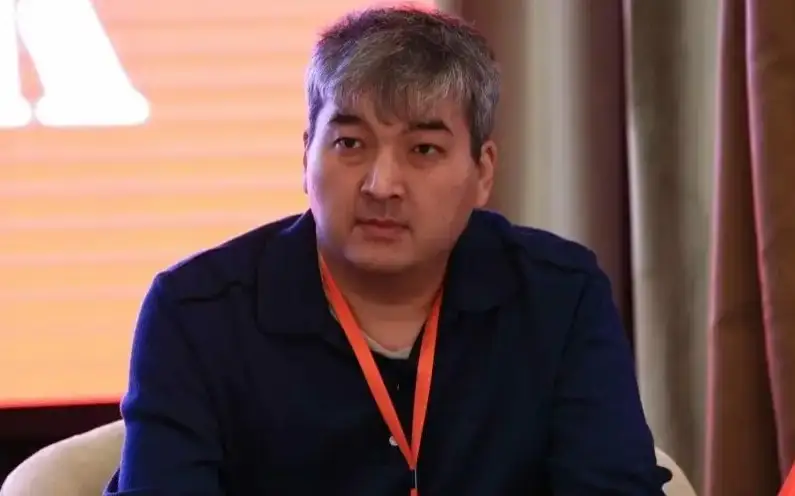WNAM REPORT: Kazakhstani political expert Daniyar Ashimbayev ponders on the need to establish nuclear cluster in the country.
Ashimbayev believes that the President’s proposal to establish a nuclear cluster in the country could be a significant step not only in addressing energy challenges but also in helping Kazakhstan navigate a complex political landscape. He is confident that one nuclear power plant will not be enough to address the growing energy deficit in the country.
“Initially, when various scenarios for the development of the country’s energy system were considered, it became clear that the growing power deficit could not be solved by a single plant. Either we need to build a nuclear power plant with multiple units right away, or consider the construction of several nuclear power plants,” says Ashimbayev.
He noted that the possibility of building multiple nuclear power plants in Kazakhstan had been discussed by experts as early as 30 years ago. At that time, three regions were identified as potential sites for new plants, considering geography and energy demand: Kurchatov, Aktau, and Balkhash.
The political expert emphasized that Kazakhstan now has all the necessary resources to establish a nuclear cluster.
“This is a field where Kazakhstan already has a strong foundation—raw materials, scientific expertise, and technology. For Kazakhstan, this industry is not new but rather essential. Moreover, the referendum showed that the country’s population views the construction of nuclear power plants positively,” says the political expert.
However, according to Ashimbayev, the issue of building nuclear power plants in Kazakhstan also touches upon political aspects.
“Even if the technological aspect becomes more complex, Kazakhstan could consider giving the project to not just one operator, but at least two. This would alleviate international competition and promote Kazakhstan’s integration with the economies of the countries whose contractors are chosen for the nuclear power plant. The issue of a consortium is very complex because, when constructing a nuclear power plant, there is typically one primary operator who builds the reactor, and others participate in the project,” adds Ashimbayev.
He notes that building two nuclear power plants by one operator would be simpler, as different companies use different technological types of reactors. However, he believes that if the construction is entrusted to two different companies, it could reduce political tension.
“To ease political tensions, for example, one project could be with Rosatom, while the other, hypothetically, could be with a French or Korean company. This would alleviate political pressure. But again, it would lead to technological complexities. Which option the country’s leadership will ultimately choose is still too early to say,” notes Ashimbayev.


